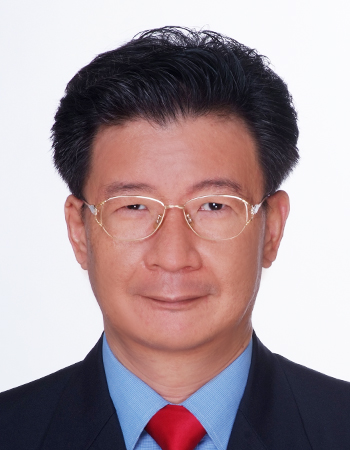
KEYNOTE Speakers

Prof. Xudong Jiang (IEEE Fellow)
Nanyang
Technological University, Singapore
More speakers will be announced soon...
KEYNOTE Speakers of AAIP2025
 |
 |
 |
|---|---|---|
| Prof. Francis Chin | Prof. Min Chen | Prof. Ljiljana Trajkovic |
| University of Hong Kong, China | South China University of Technology, China | Simon Fraser University, Canada |
| Speech Title: Development and Future of Deep Learning | Speech Title: Large Language Model (LLM) Fine Tuning: Concepts, Opportunities, and Challenges | Speech Title: Machine Learning for Detecting Internet Traffic Anomalies |
